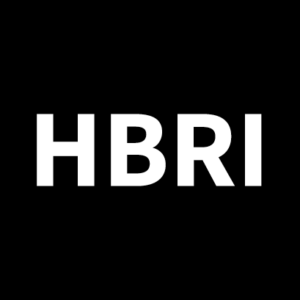
Our hominid ancestors constantly had to solve problems related to survival. They had to find food, water, shelter, and protection from predators. They also had to keep peace within the group and defend themselves and their groups against attacks by competing groups. If they did not solve these problems sufficiently, they died—whereas those who successfully managed the entire range of problems prevailed.
But the demands of survival changed constantly. Only groups that adapted and improved their survival techniques in the face of constantly shifting environmental pressures became our more recent ancestors—the ultimate winners in the race for survival.
From an ancestral point of view,
critical reasoning means being able to solve a wide range of problems effectively. In a modern business context, critical reasoning, or
business reasoning, involves (a) accurately forecasting sequences of events in and outside of one’s organization, (b) recognizing when those forecasts do and do not apply, and (c) making appropriate business decisions based on those forecasts.
According to Peter Drucker, PhD, the fabled management philosopher, businesses struggle because leaders make poor decisions about resource allocation. Ideally, leaders should direct money and energy toward activities that increase profitability. Instead, they often designate organizational resources toward projects that have little significance in the long term.
Directing resources toward activities that increase profitability requires three things. First, it requires a clear-minded view of the problem to be solved. Second, it requires a rational analysis of possible solutions. Finally, it requires a critical evaluation of each solution’s consequences. Leaders with good business reasoning skills (a) identify and understand critical problems, (b) construct rational solutions to these problems, and (c) act based on the anticipated consequences of each solution.
Although most people understand the importance of business reasoning for the success of an organization, new managers and executives are rarely selected based on their ability to make good decisions, according to Justin Menkes, PhD. When hiring candidates for management and executive positions, organizations need a sound, defensible method to evaluate candidates’ business reasoning skills.
That’s why the Hogan Business Reasoning Inventory (HBRI) was created. The HBRI allows organizations to fairly and accurately evaluate candidates’ business reasoning skills. The HBRI is based on three assumptions. First, it assumes that good business decisions require clear thinking, rational analysis, and critical evaluation. Second, it assumes that business reasoning skills can be measured and that the results of this measurement process can be used to evaluate candidates for managerial and executive positions. Third, it assumes that the results of this measurement process predict managerial and executive performance.
Hogan is pleased to announce that the HBRI is evolving, effective December 4, 2019. The updated HBRI provides the same overall business reasoning score as the current version, but the Tactical and Strategic subscales will be replaced with two new subscales. The new subscales measure Qualitative Reasoning, which involves working with data visualization, logic, and verbal information to solve problems, and Quantitative Reasoning, which involves working with mathematical and spatial information to solve problems.
Committed to constantly improving our assessments and products, we are confident that the new HBRI will provide a better user experience for our clients. In the modern business world, organizations that hire leaders with strong business reasoning skills will triumph.